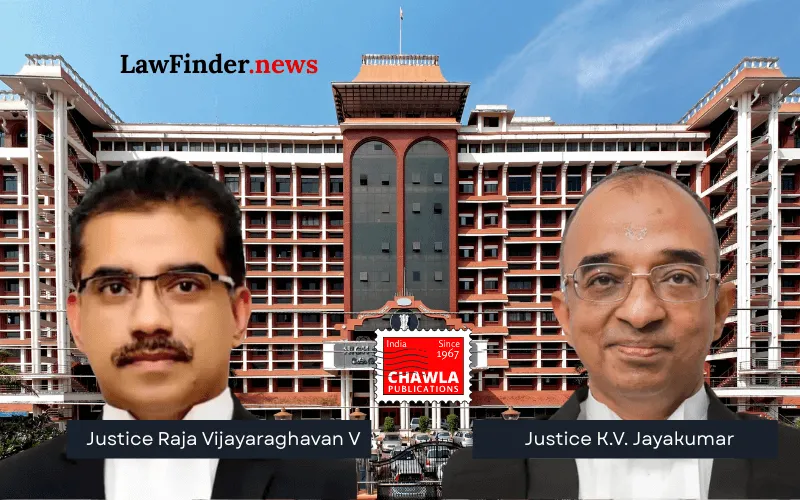Court rules UNHCR certification does not confer legal residence rights under Indian law.
In a significant ruling, the Delhi High Court has dismissed a petition filed by Qadir Ahmed, an Afghan national, challenging his detention and impending deportation from India. The court emphasized that deportation is an executive function and UNHCR certification does not confer enforceable legal status under Indian law. The judgment was delivered by Justice Sanjeev Narula in response to a writ petition filed under Article 226 of the Constitution of India, seeking Ahmed's release from the Detention Centre at Lampur, Delhi.
Ahmed, who entered India without a valid visa, was convicted under Section 14 of the Foreigners Act, 1946, for illegal entry and was subsequently detained. His petition argued that a UNHCR certificate recognizing him as a refugee should prevent his deportation. However, the court rejected this argument, citing that India is not a signatory to the 1951 Refugee Convention or the 1967 Protocol. Consequently, UNHCR recognition does not substitute for a valid visa nor authorize residence contrary to Indian law.
The court reiterated the limited scope of judicial review in deportation matters, stating that while courts can ensure that deportation follows legal and fair procedures, they cannot grant a right of residence where none exists under statute. The judgment referenced landmark Supreme Court rulings, including Hans Muller of Nurenburg v. Superintendent, Presidency Jail, Calcutta and Louis De Raedt v. Union of India, underscoring that foreigners do not possess any fundamental right to reside or settle in India.
Ahmed's detention was deemed justified in the absence of lawful permission to remain in the country. The court acknowledged humanitarian concerns but stressed that such considerations cannot override statutory mandates. The ruling leaves the deportation proceedings to the discretion of the executive, emphasizing the need for compliance with established legal procedures.
The decision is significant in reinforcing the boundaries of judicial intervention in matters of deportation and the executive's exclusive domain over foreign nationals' presence in India. It marks a reaffirmation of the legal framework governing the entry, stay, and deportation of foreigners, aligning with constitutional guarantees of fair procedure.
Bottom Line:
Deportation of a foreign national is within the exclusive domain of the executive, subject to compliance with law and fair procedure. UNHCR certification does not confer enforceable legal status under Indian law.
Statutory provision(s): Foreigners Act, 1946 - Section 14, Article 226 of the Constitution of India, Section 528 of the Bharatiya Nagarik Suraksha Sanhita, 2023
Qadir Ahmed v. State NCT of Delhi, (Delhi) : Law Finder Doc Id # 2785808




